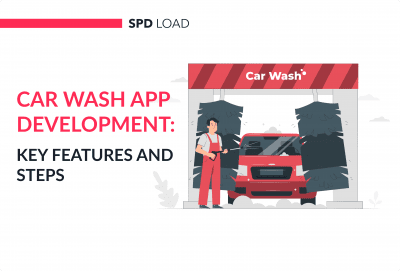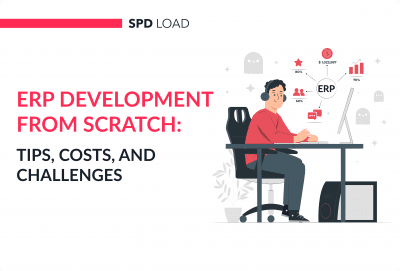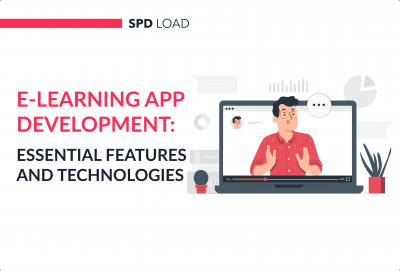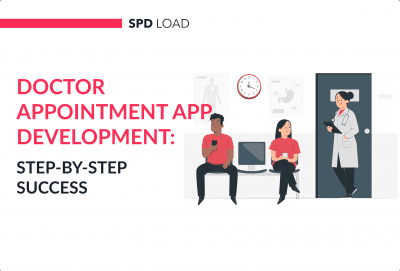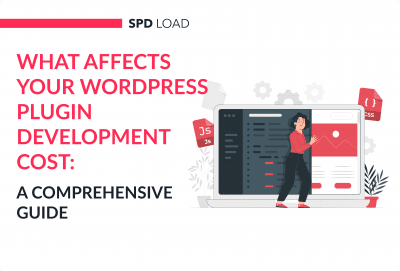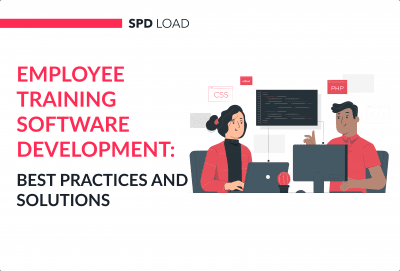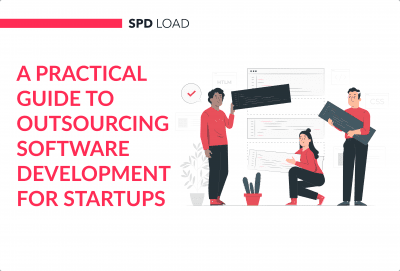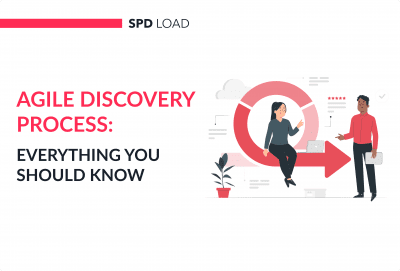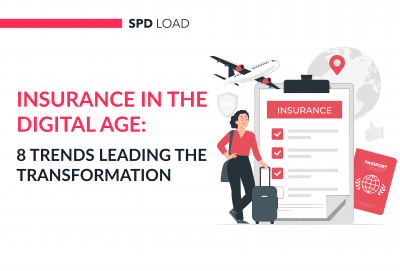A Comprehensive Guide to Healthcare IT Outsourcing
- Created: Jun 27, 2024
- 9 min
According to Deloitte’s 2022 Global Health Care Outlook, the healthcare IT outsourcing market is predicted to reach $390.7 billion by the end of 2025.
75-80% of global healthcare facilities choose to outsource their IT needs.
Such an increase is driven predominantly by the technology advancements.
And since medical centers upgrade their systems, they also aim to develop more complex solutions.
However, keeping up with these technological advancements and creating effective, feature-packed, and safe healthcare solutions can be complicated with internal resources only.
Especially at the needed speed and quality.
This is when outsourcing companies come into play.
Companies choose to delegate their IT operations to third-party vendors to manage complex patient data, track healthcare resources, optimize operations, and stay competitive while meeting regulatory requirements.
In this guide, we cover healthcare IT outsourcing and explore its benefits and implications to help you decide if outsourcing is right for your IT needs.
Before diving into the topic, feel free to discover the benefits of IT outsourcing and why it’s popular for scaling tech needs.
Explore our SaaS services today
6 Reasons for Outsourcing Healthcare IT Tasks
Outsourcing can be a game-changer for many organizations when it comes to healthcare IT (see the difference between in-house development vs outsourcing).
According to Maximize Market Research, North America holds the largest market share, followed by regions like Asia-Pacific and Europe.
Key applications include Provider HCIT Outsourcing and Electronic Health Records, while types include Healthcare Provider Systems and Pharmaceuticals.
The need for advanced healthcare IT solutions and services across different regions and applications drives the market’s expansion.
Let’s explore some other reasons and key benefits of IT outsourcing in healthcare.
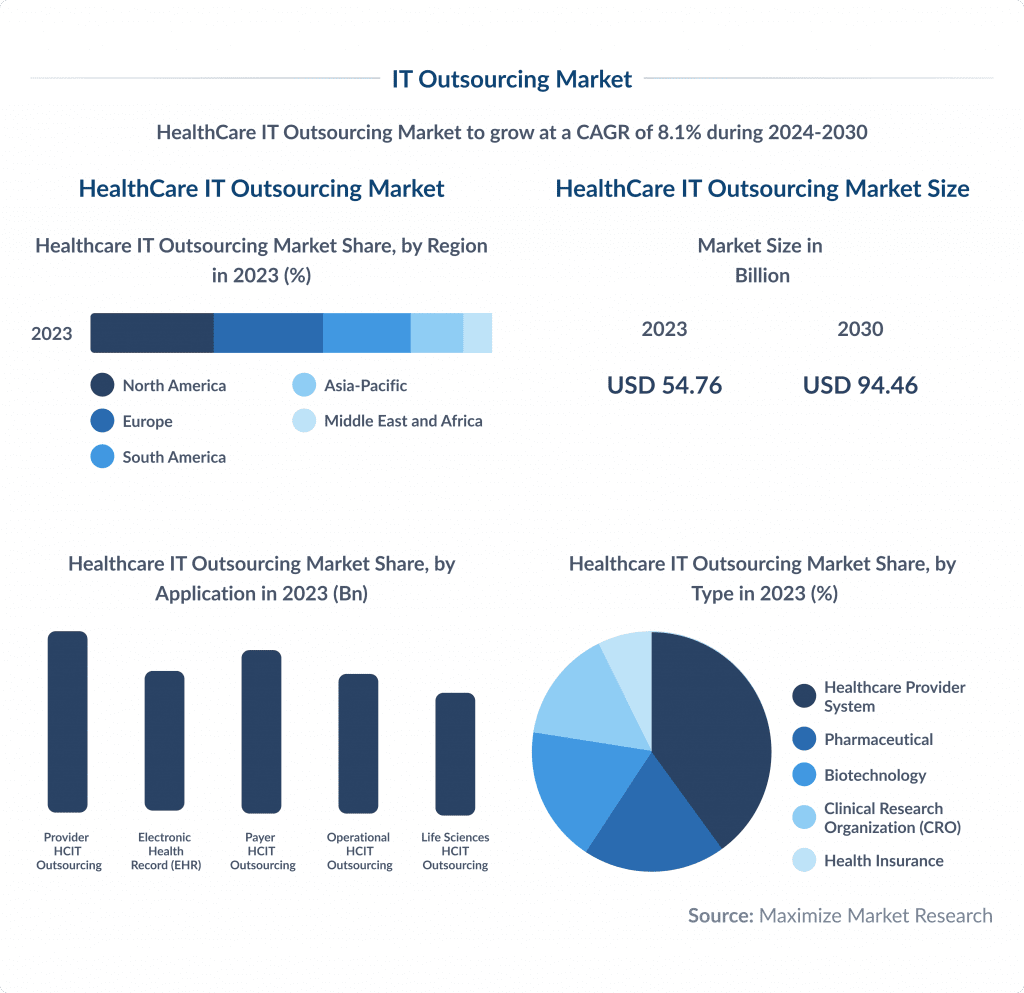
Saving Time and Improving Company Focus on Core Activities
Outsourcing healthcare IT tasks allows your team to concentrate on their primary responsibilities, such as patient care, operational management, and controlling operating costs.
This way, you can streamline processes and improve the overall productivity of the healthcare workers.
If you’re looking for strategies to boost your remote team’s performance, check out this guide on high-performance remote teams.
Create Custom Functionalities
You can develop tailored solutions that meet your unique requirements when partnering with specialized IT providers.
These customized functionalities can enhance patient experience, streamline workflows, and improve data management.
Increase Efficiency
Outsourcing can be more efficient.
IT service providers have the latest tools and technology.
For example we use technologies like Laravel, JS, React, Vue JS and others to keep your systems up to date and running smoothly.
Get the details on the cost to hire a React.js developer and what factors can influence rates.
This means better service and better patient outcomes.
If you’re working with Laravel, these best Laravel tools and resources will streamline your workflow.
Reduce Costs
According to Business News Daily the average cost to hire an employee in 2025 is $3,500 and additional costs for external recruiters and job postings.
Training and operational costs are around $1,252 per employee and 57 hours of prep time.
Plus it takes a new hire 12 months to reach full productivity adding to the overall cost.
High turnover rates cost hospitals millions a year to replace staff.
Outsourcing eliminates the need for extensive recruitment and training so you can redirect resources.
Plus outsourcing partners have lower costs due to scale.
For companies looking to streamline hiring, choosing the best recruitment CRM can make all the difference in talent acquisition.
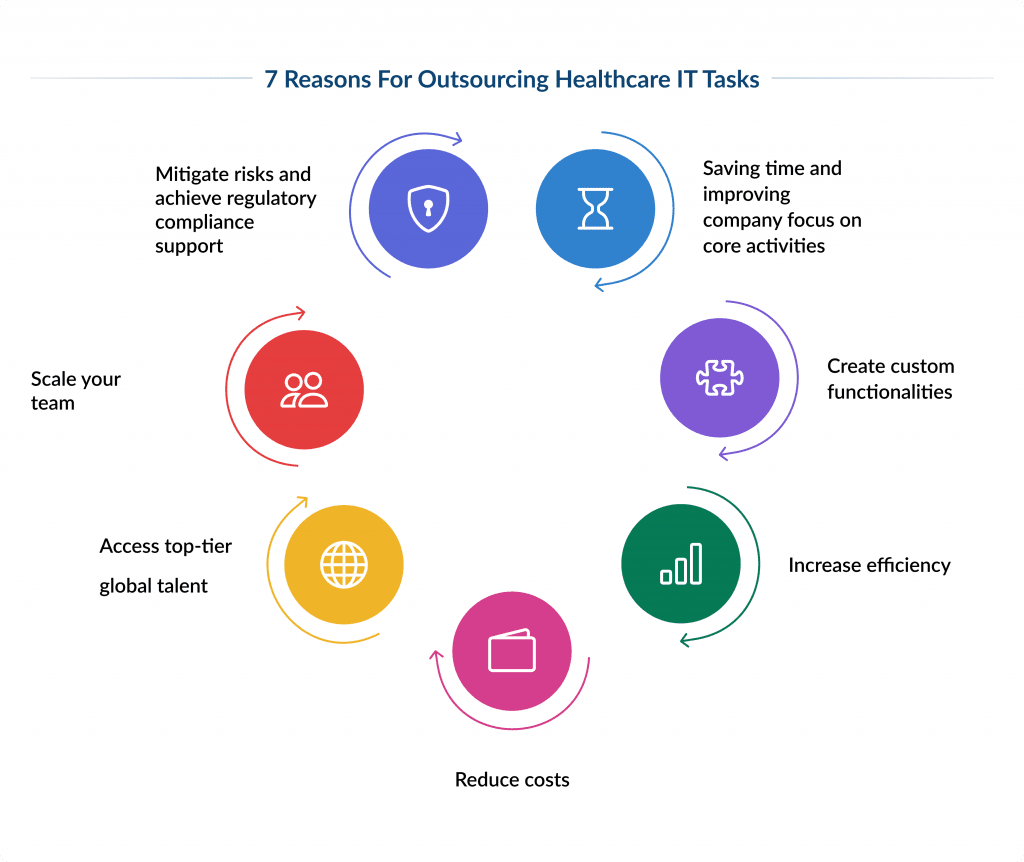
Access Top-Tier Global Talent
Collaborating with external vendors opens the door to a global market of IT talent.
You can collaborate with experts who deeply understand health information technology and can offer innovative solutions.
This access ensures you get the best possible support for your IT needs.
Scale Your Team
Outsourcing allows you to scale your IT team up or down based on your current needs.
Whether you’re expanding your services or facing a temporary increase in workload, we offer a scalable solution that can adapt to your changing requirements.
Delegating healthcare IT tasks like system development outsourcing or medical HR software development not only optimizes your operations.
It also enhances your ability to deliver exceptional patient care.
What Types of IT Services Healthcare Organizations Can Outsource?
Every year, 80% of medical bills contain errors. This leads to a $125 billion loss.
These errors can happen because of incorrect patient information, outdated software, and non-corresponding treatment and diagnosis codes, among other factors.
All these issues can be reduced if companies outsource IT tasks to healthcare software development companies.
Here are some key areas where outsourcing can make a difference.
Electronic Health Records (EHR) Management
Outsourcing EHR software development, as well as the management of EHR systems, ensures that patient data is accurately recorded, securely stored, and easily accessible.
IT service providers can offer regular updates, system maintenance, and support to keep the EHR system running smoothly.
Explore the benefits of electronic health records and why they’re essential for modern healthcare.
IT Infrastructure Management
Managing IT infrastructure, including servers, networks, and data centers, can be complex and resource-intensive.
Outsourcing these tasks ensures that your IT infrastructure is robust, secure, and efficiently managed by experts.
Cybersecurity Services
Protecting sensitive patient data is paramount in the healthcare industry.
Learn about the most impactful cybersecurity trends to safeguard sensitive data and prevent breaches.
Delegating cybersecurity services to specialized firms can help safeguard your organization against cyber threats, ensure regulatory compliance, and protect patient privacy.
Learn about effective bot attack prevention strategies to safeguard your site and data.
Telemedicine Solutions
Remote consultations were growing even before COVID-19, but the pandemic made telehealth apps a standard practice.
A McKinsey & Company study found that 40% of consumers plan to continue using telehealth, up from 11% before the pandemic.
The global telehealth market, valued at $83.5 billion in 2022, is expected to grow at a compound annual growth rate of 24% from 2023 to 2030.
Running an efficient telehealth operation is costly, leading many healthcare providers to outsource the setup and maintenance of these platforms. This trend is likely to continue as providers look for ways to streamline support for telehealth services.
With the rise of telemedicine, outsourcing the development and maintenance of telemedicine platforms can ensure that you offer reliable and user-friendly services to patients.
These providers can handle everything from video conferencing solutions to online appointment scheduling and patient portals.
Discover other healthcare technology trends that are shaping the future of health services.
Application Development and Maintenance
Healthcare mobile application development can streamline operations and improve patient care.
Outsourcing the development and maintenance of these applications allows healthcare organizations to leverage the latest technologies and expertise without the burden of in-house development.
Help Desk and IT Support
Providing round-the-clock IT support can be challenging.
That’s why many companies outsource these tasks to ensure their staff and patients receive timely assistance with IT issues.
This way, you can improve overall satisfaction with your services and minimize downtime.
Data Analytics and Reporting
Outsourcing data analytics can help healthcare organizations make better use of their data.
Expert data analysts can provide insights into patient care, operational efficiency, and revenue cycle management, aiding in informed decision-making.
Understanding ARR is essential for scaling. Use this ARR calculator to keep track of your performance.
We are empowering healthcare innovation through custom apps
Advances in health information technology (HIT) systems have made it possible to store an entire oncology practice on just a few hard drives.
Storing data using computers has become extremely fast, efficient, and thorough.
Сomputers for filing data have become incredibly fast, efficient, and comprehensive.
As a result, internet usage is at an all-time high, both in terms of hours spent online and the number of users.
Cloud Services
Cloud migration and management can be challenging.
In outsourcing these services, healthcare companies can take advantage of the scalability, flexibility, and cost-efficiency of the cloud, with experts handling the technical aspects.
By choosing cloud-based app development, companies can ensure their applications are accessible and scalable.
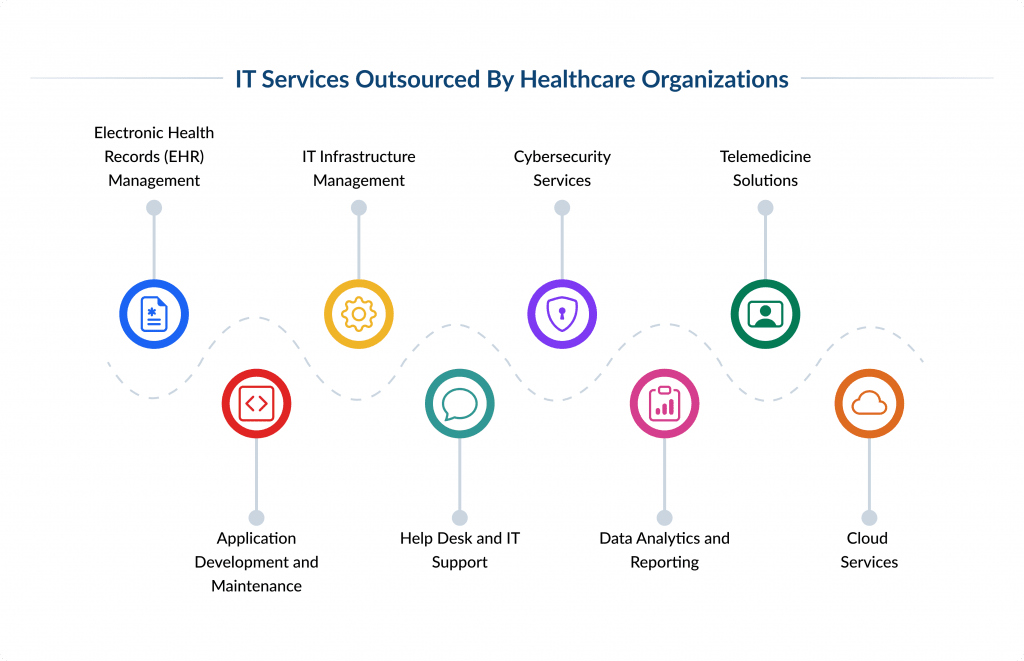
Steps to Outsource Healthcare IT Services
Outsourcing healthcare IT services is definitely a strategic move for many organizations.
Here are the key steps to ensure a successful collaboration.
Define Project Scope and Requirements
First define what you need.
List the specific IT services you want to outsource, the goals you want to achieve and the success criteria.
This sets expectations and ensures everyone is on the same page from the start.
Research and Evaluate Outsourcing Partners
Find partners with healthcare experience and projects.
Evaluate them on experience, reputation, case studies and client reviews.
Make sure they get the healthcare industry.
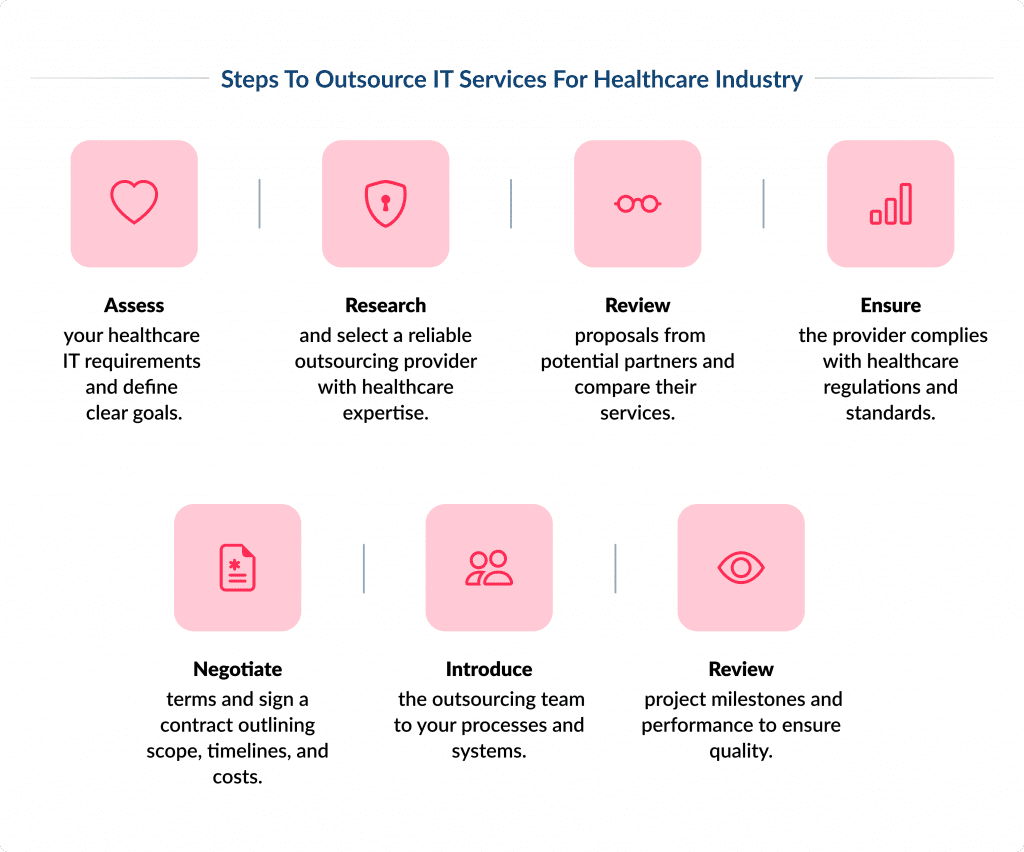
Define Delivery Schedule, Milestones, and Budget
Once you’ve selected an outsourcing partner, work together to create a detailed plan.
Define the delivery schedule, key milestones, and budget. Make sure there are clear timelines and that both parties agree on the financial aspects.
Even after the launch, continuous support is essential.
Ensure that your outsourcing partner provides ongoing support and maintenance. Address any issues promptly and keep improving the services based on feedback and performance data.
Key Skills to Consider When Choosing a Tech Partner in an Outsourcing Market
With the right development partner, your healthcare solution will be a success.
Here’s a checklist of key skills to look for:
Technical Expertise
- Proficiency in relevant programming languages (e.g., Java, Python, C#, JavaScript).
- Knowledge of frameworks and tools such as React, Angular, Node.js, .NET, and others specific to your project.
- Relevant experience with SQL and NoSQL databases, data modeling, and data warehousing.
- Knowledge of cloud platforms like AWS, Azure, or Google Cloud. Discover the strengths and weaknesses of Digital Ocean, AWS, and Google Cloud to find your ideal match.
Industry Experience
- Specific experience in healthcare IT, healthcare regulations (e.g., HIPAA) compliance, and Electronic Health Records (EHR) systems knowledge (learn more about the benefits of EMR systems).
- Relevant case studies or past projects in your industry.
Quality Assurance and Testing
- Ability to conduct thorough manual testing to identify and fix bugs.
- Familiarity with CI/CD tools like Jenkins, Travis CI, or CircleCI.
Healthcare IT Outsourcing Rates
When considering outsourcing healthcare IT services, it’s important to understand both the standard rates and potential hidden costs.
There are several factors that will affect the pricing of outsourcing healthcare services.
- Type of healthcare solution.
- Complexity of the application.
- Development team location.
- Tech stack.
- Maintenance and support.
1. Type of Healthcare Solution
The specific type of healthcare solution you require can greatly influence costs.
Common types include Electronic Health Records (EHR) systems, telemedicine platforms, patient management systems, and custom healthcare applications. Each has its own complexity and pricing structure:
- EHR Systems typically range from $50,000 to $100,000. Discover emerging EHR startups that are setting new standards for digital health records.
- Telemedicine Platforms can cost between $30,000 and $150,000. The final price depends on features like video conferencing, patient portals, and integration with existing systems.
- Patient Management Systems often fall in the range of $20,000 to $80,000.
- Custom Healthcare Applications vary widely based on the specific requirements but generally start at $25,000 and can go up to $200,000.
2. Complexity of the Application
The complexity of the application affects both development time and cost.
- Basic Applications with limited features can cost around $20,000 to $40,000.
- Moderate Complexity applications with more features, such as patient portals or basic data analytics, typically range from $40,000 to $100,000.
- High Complexity applications with advanced features like AI-driven diagnostics, comprehensive data analytics, and extensive integrations can cost $100,000 to $300,000 or more.
3. Development Team Location
The geographical location of your dedicated development team can significantly impact costs due to differences in labor rates. Here’s a general comparison:
| Location | Rates |
| US and Canada | $100 – $150 per hour |
| Western Europe | $70 – $120 per hour |
| Eastern Europe | $30 – $80 per hour |
| Asia | $20 – $50 per hour |
4. Tech Stack
The technology stack used for development can also influence costs.
Some technologies may require more specialized skills, which can be more expensive:
- Front-End Technologies HTML, CSS, and JavaScript frameworks like React or Angular – typically $30 to $100 per hour.
- Back-End Technologies Node.js, Python, Ruby on Rails, .NET – around $40 to $120 per hour.
- Mobile DevelopmentS wift for iOS, Kotlin for Android – $50 to $150 per hour (check out these detailed guides on Android app development costs and iOS app development costs for more information)
- Database Technologies SQL, NoSQL databases like MongoDB – $30 to $100 per hour.
- Cloud Services AWS, Azure, and Google Cloud pricing vary widely based on the services used, often ranging from $50 to $200 per hour for setup and management.
5. Maintenance and Support
Post-launch maintenance and support are crucial for the long-term success of healthcare IT solutions. Costs can include regular updates, bug fixes, security patches, and user support:
- Basic Support covers updates and basic bug fixes, costing around $500 to $1,500 per month.
- Advanced Support includes 24/7 support, security monitoring, and regular enhancements, and it costs $2,000 to $5,000 per month.
Why Healthcare Providers Should Outsource IT Services to SpdLoad?
Outsourcing healthcare IT services can provide healthcare organizations with the right mix of security, scalability, reliability, and flexibility for innovation.
You want to make sure to work with a single technology partner rather than multiple vendors with limited skills.
Choosing several specialized vendors can restrict you to basic services without the benefits of synergy.
A comprehensive partner can offer various services, from creating a detailed product blueprint to providing ongoing maintenance and support.
If you are looking for such a partner, we are here to provide top-notch outsourcing services for your company.
We comply with HIPAA guidelines and have strict data security protocols to protect your medical documents.
Our technology-driven approach uses analytics and automation to streamline processes and enhance your facility’s efficiency while staying within budget.
The SpdLoad team comprises top industry professionals ready to bring expertise to your project. Our recruitment process involves screening, interviewing, hiring, and training to ensure the quality and success of our collaboration.
Contact us today to learn more about our healthcare IT services.
When privacy matters, these best HIPAA-compliant chat apps are essential for secure communication.




